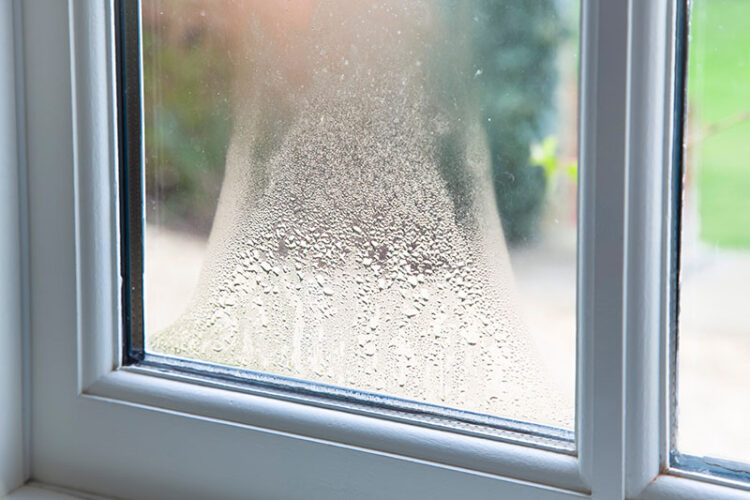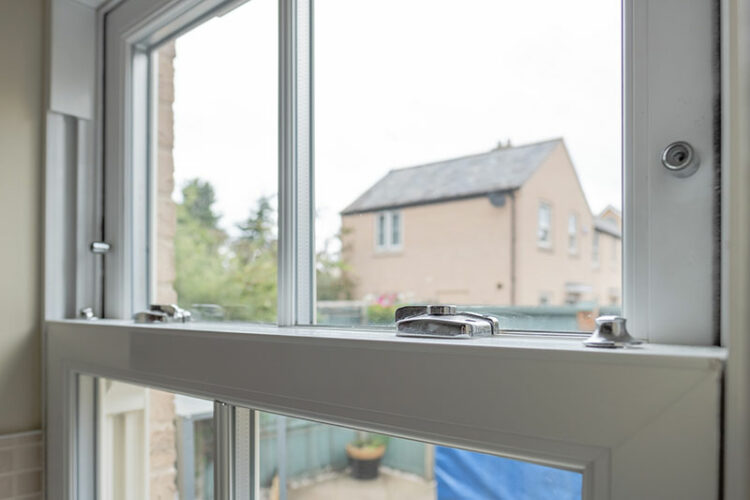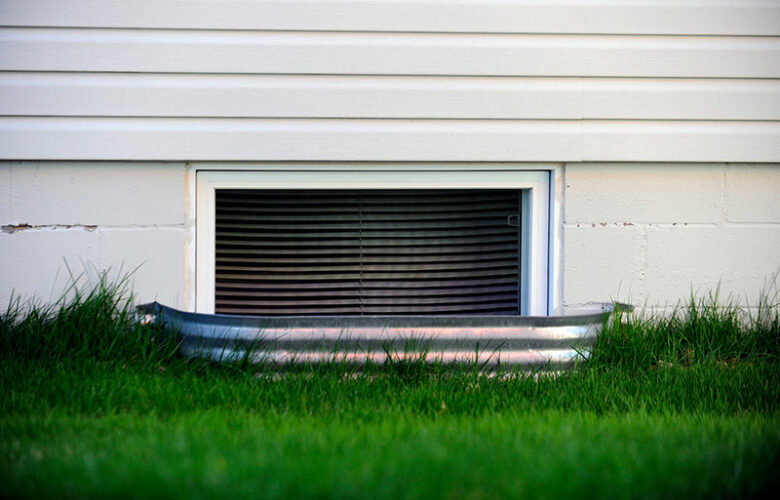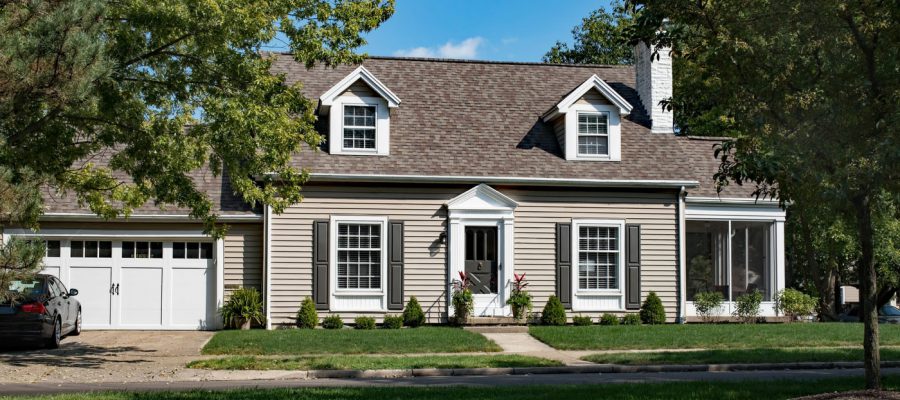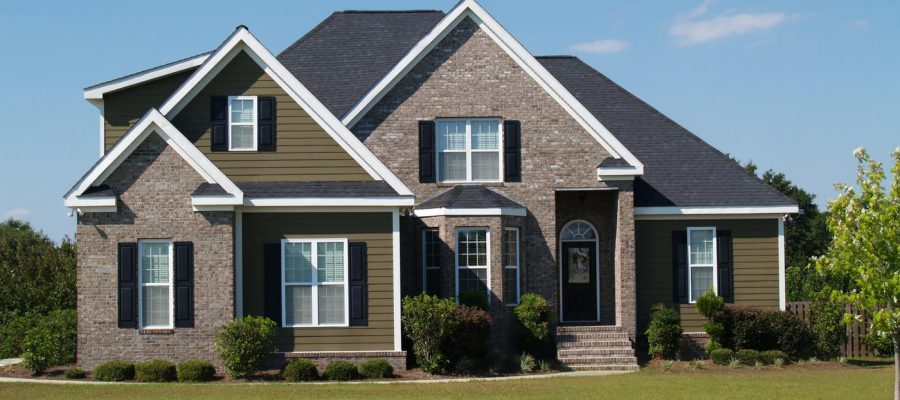What Are Soundproof Windows?

Loud, annoying sounds can happen almost anywhere. Homes near a busy city, construction zone, highway, or loud pets and children are often the cause of irritating sounds. Noise-reducing windows can help minimize unwanted, annoying sounds that happen outside your home. As noise pollution increases and cities get louder, more homeowners have to look for ways to make a serene environment in their houses.
“Soundproof” windows are noise reduction windows that can block up to 90% to 95% of noise coming from the outside. Low-frequency sounds, like the sounds of garbage trucks, are harder to block than higher frequency sounds, such as birds chirping. So when you search for sound-reducing windows, think about what frequencies against which you would like to soundproof.
The acoustics industry made soundproof window shopping easier by rating the windows’ sound-stopping potential on an STC (sound transmission class) scale. The higher this number, the more a window blocks sound. A single-pane window can have an average STC rating of 27, while a dual-pane window can have an average STC rating of 28. On the other hand, soundproof windows have STC ratings from 45 up to the mid-50s, blocking as much as 95% of outside noise.
How Do Soundproofing Windows Work?
To reduce sound, you have to make a barrier between the ear that captures the sound and the sound. Homes do that with roofs, walls, and windows that can block sounds from entering.
To increase a window’s STC rating and increase the ability to block sound, the window manufacturer has to:
- Add mass (make the glass panes thicker)
- Add air space (increase the distance between glass panes)
- Use laminated glass (a glass-plastic-glass combination that reduces noise transmission even more)
Get a Free Estimate Today
60% off installation. Special financing available. See details.
How Do Noise Reducing Windows Work?
Noises can travel in two different ways — through materials and through the air. They are measured in two ways — Outdoor/Indoor Transmission Class (OITC) and Sound Transmission Class (STC). Today, most standard dual-pane windows have two panes of 3mm glass. By adding more window panes, you get more insulation layers, which helps to reduce outside noises.
These windows slow the transfer of sound waves, which makes the sounds seem quieter. As sound waves go through different materials, the waves can be reflected, absorbed, or minimized. Noise reduction can be achieved with windows by mixing the glass’s thicknesses, optimizing the air space, or adding more glass panes. The selection process of these various features for a window is essential to the performance of sound reduction.
However, it takes more than quality window features to help support noise reduction. One of the most important factors of window performance is installation. Good window installation ensures airtight seals and helps keep the noise out.
Soundproof Glass Options
There are a few glass options that can help reduce the unwanted noise in your home. The first, more common option is to upgrade your windows from a single-pane to a double- or triple-pane window. Another option is to go for a mixed millimeter glass design. When various glass thicknesses are paired, they help decrease different noises at different frequencies.
Are you thinking about a home improvement project? Feel free to contact 1-800-HANSONS for a free estimate.


